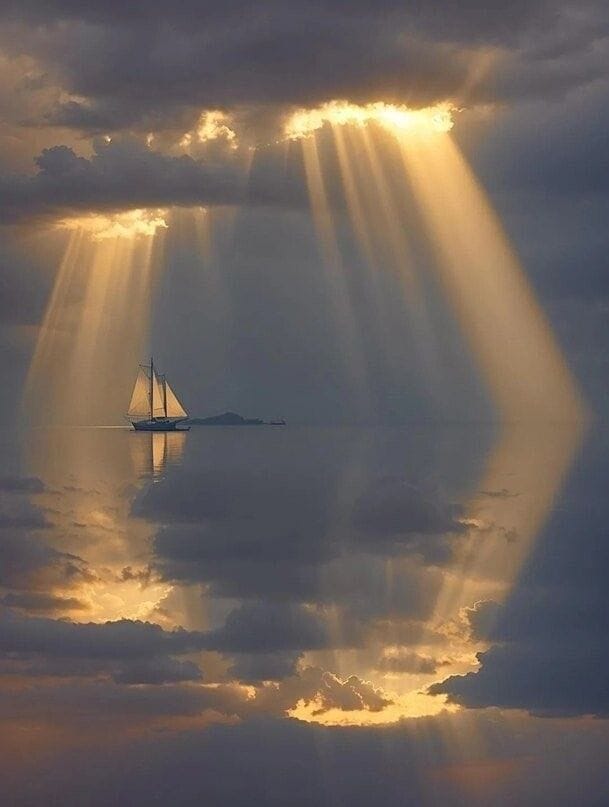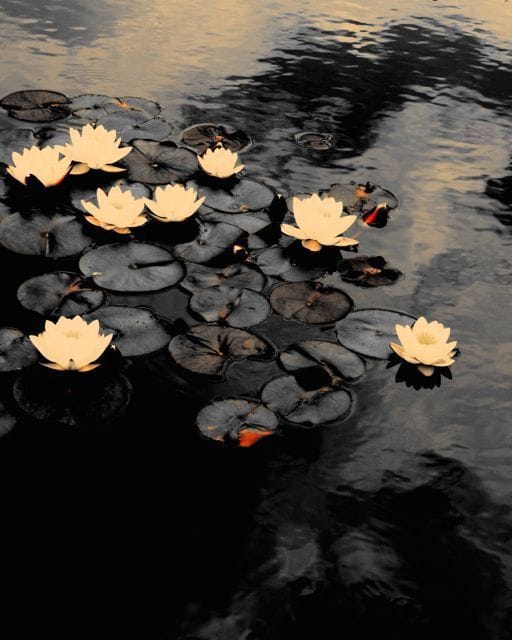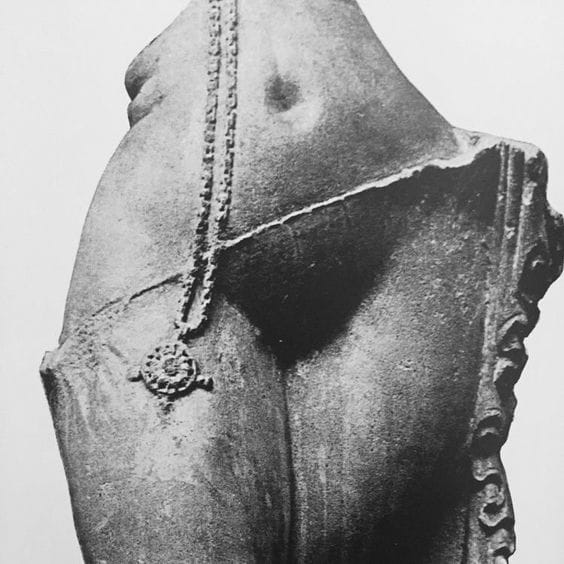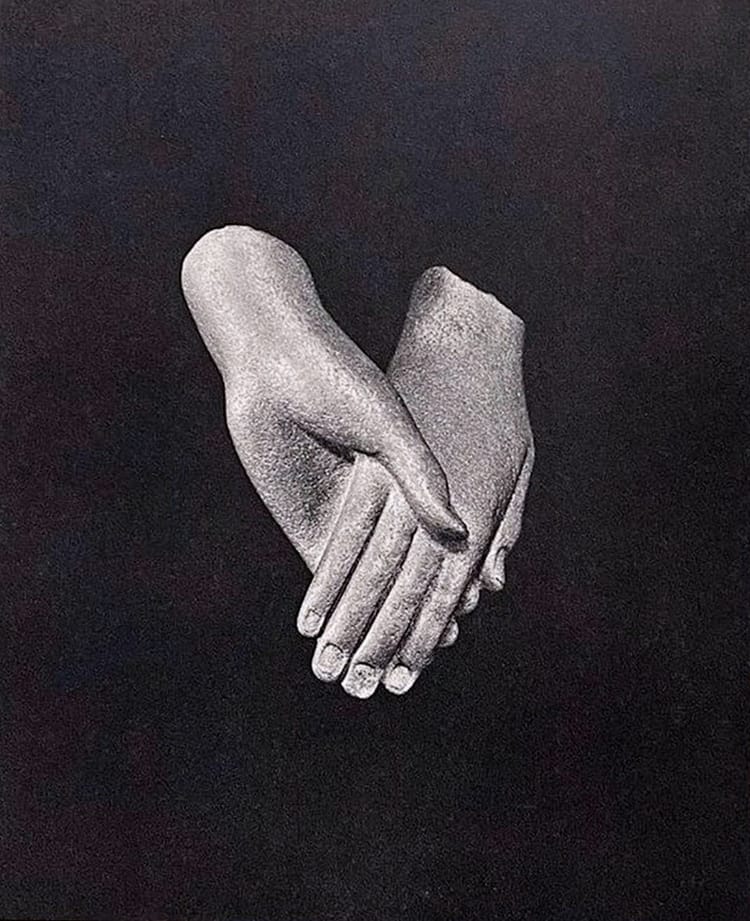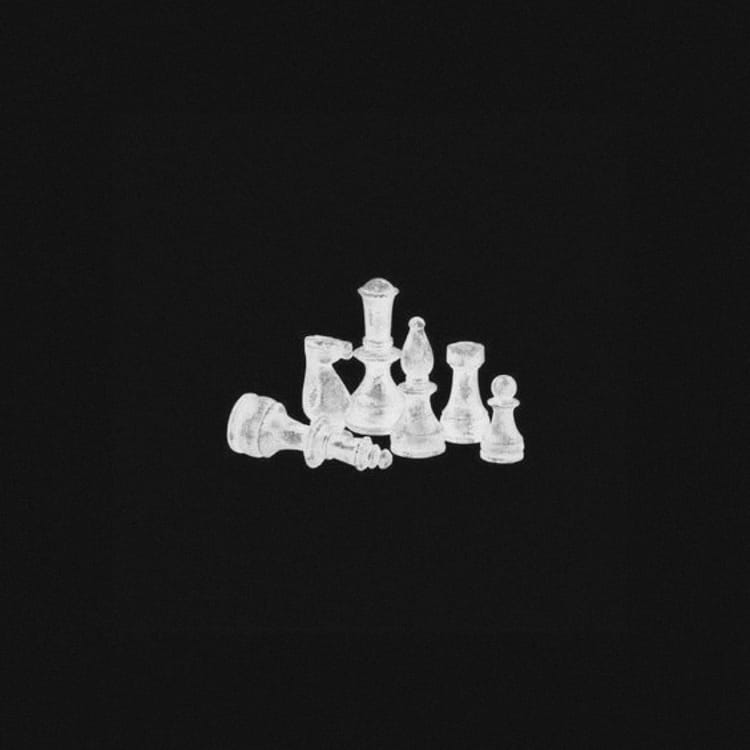Death: the Healing Tonic
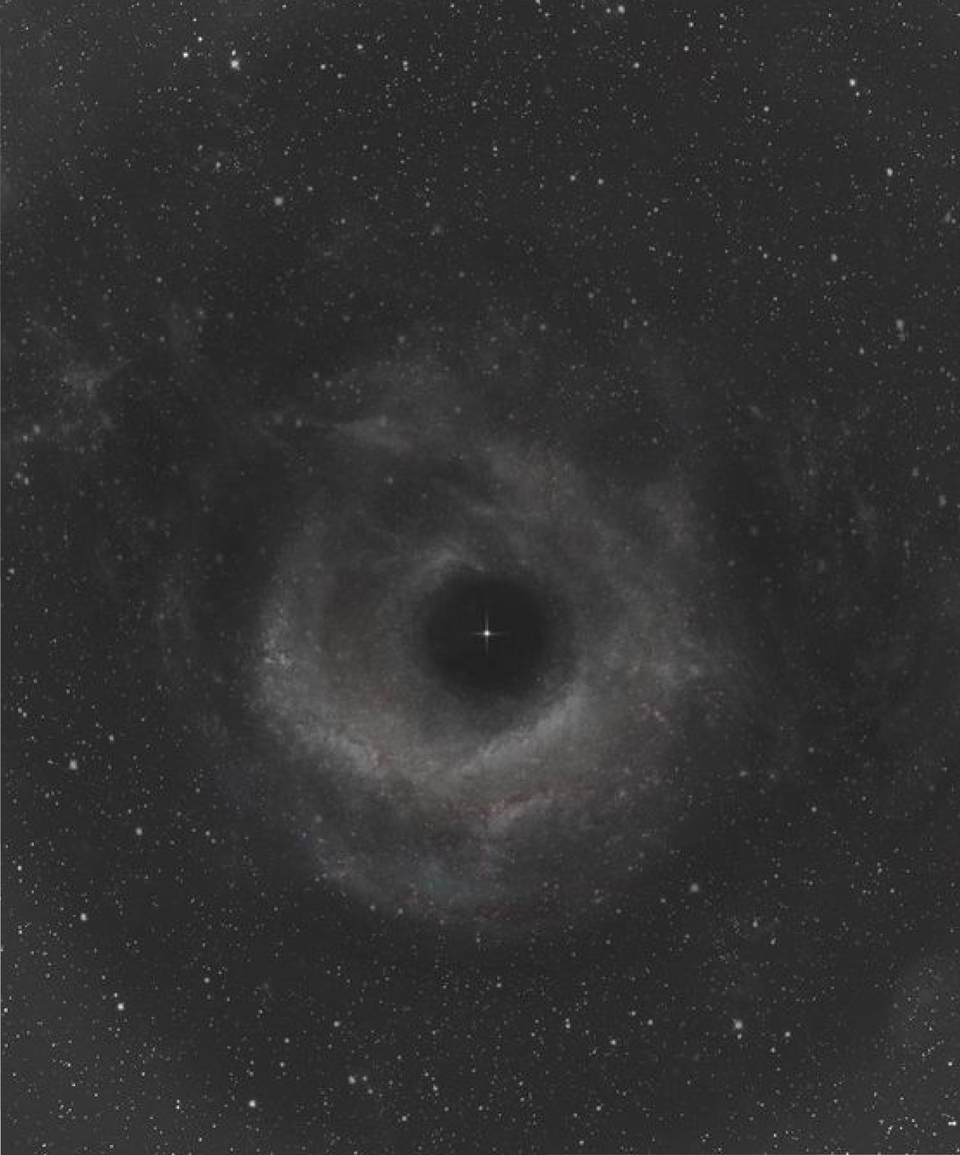
Our terror of death's endless.
Visit any public park, and you'll find no hint of death or decay.
Where are the fallen trees?
The rotting animal carcasses?
The fungi creating new life out of the decaying organic matter?
The signs of death transmuting into life?
Where's the material disintegration that abounds you in a natural forest?
Nada.
The minute a branch falls, the council worker arrives to dispose of it. Carrying the logs away like an undertaker.
We’re so afraid of our mortality that we can’t even replicate nature without neurotically removing death from every corner.
Why do you think we put our elderly in homes in the West?
We shuffle them off the minute they become uncomfortable to be around. The minute we can feel the death rattle, the instant we start to smell death, they're hidden away. When their utilitarian value has expired, off they go to spend their last years doped up and drooling in a chair by the window watching daytime soaps.
The very minute they remind us that we, too, will wither and be forced to relinquish everything we've desperately accumulated, their bags are packed.
It's a reminder too disgusting to face, so we send them off to die away from the rest of us. Where we don’t have to watch the unpleasantness that mars the ending of our material existence.
Death's a dirty business in the Western world, as anyone who's had to interact with a funeral company understands. It's all flowers, brochures, and make-up. Absurdly overpriced companies monetizing off the bastardization of death. Sewing our dead like used toys so we can pretend that every cell of the body in the box about to be incinerated isn't decaying exponentially.
People laugh at Hindus for their death rituals, yet being legally granted the autonomy to cremate a loved one on the beach among intimate family and friends feels a lot more humane than anything I've witnessed elsewhere.
It's a comfortability with reality, an acceptance of death. A greeting the unknown on their terms.
Yet, in our fear and foolishness, we've missed the point.
With all our "culture" and "progress," we've failed to understand what our arrogantly dubbed "primitive" cultures have always known: that life and death are a relationship. That contrast creates awareness, and therefore, death cannot so easily be discarded as the lesser of this mysterious pair.
We have removed the sanctity from death. We have robbed death of its naturalness, its sacredness.
We have made something beautiful, ugly.
And, in doing so, ultimately, we've robbed ourselves of harmony in the acceptance of the natural order of things.
If we don't dare to face the mystery of death unguarded, how can we even begin to face life? How can we live authentically when we ignore and despise half of the deal here?
What can be more of a healing tonic for our petty worries and self-absorbed trivialities than the inevitable cessation of experience?
What can be more natural than death?
And what can be more perturbed than the way our culture faces it?

